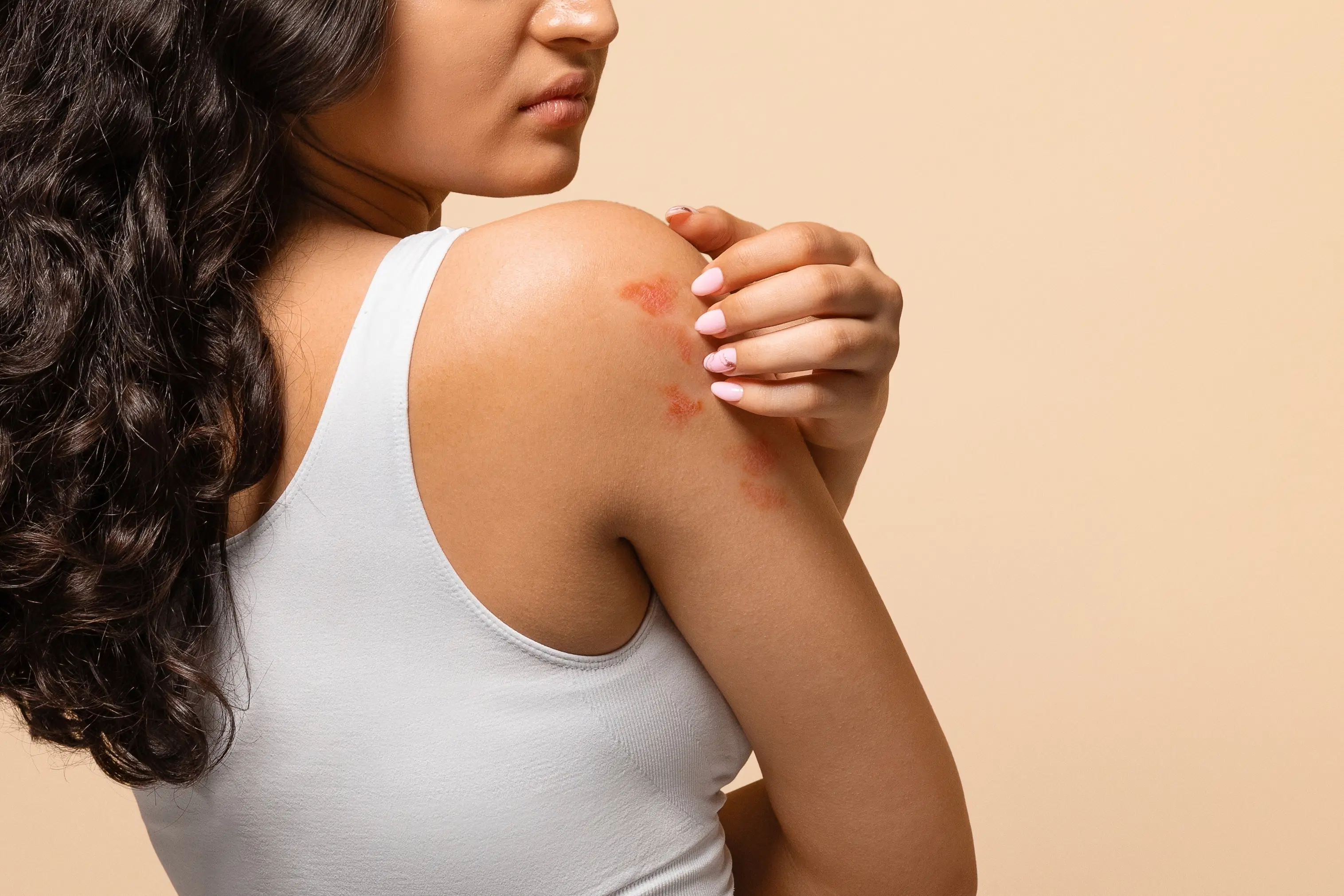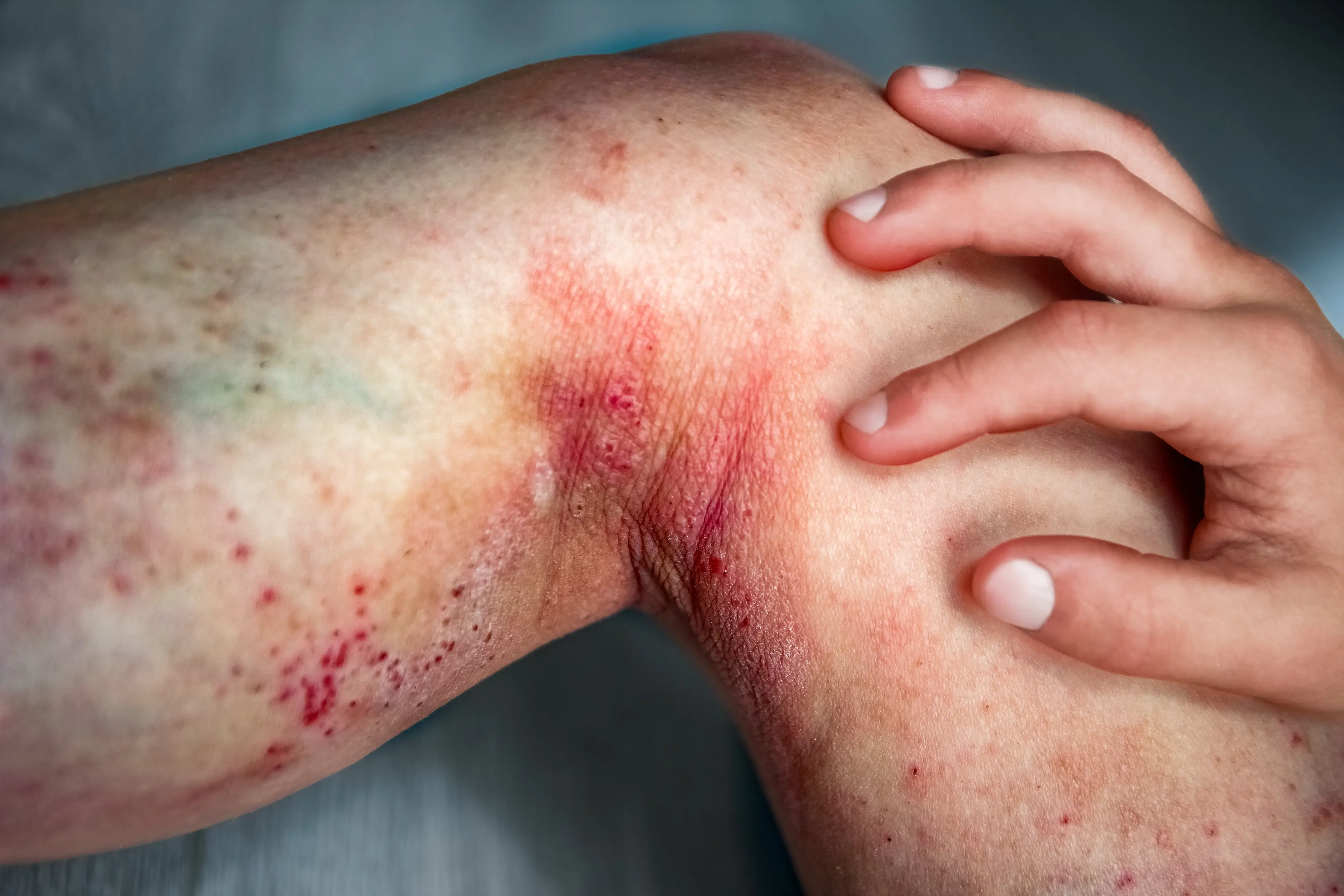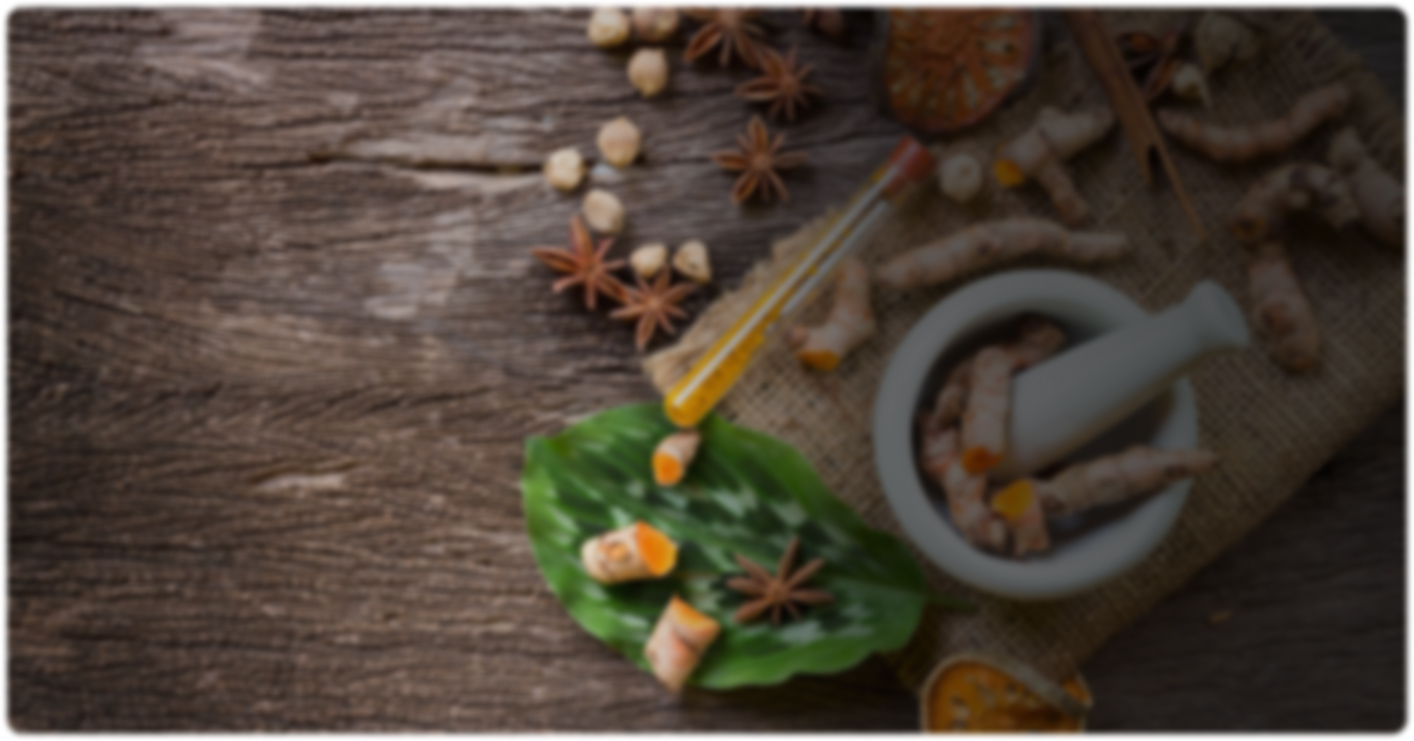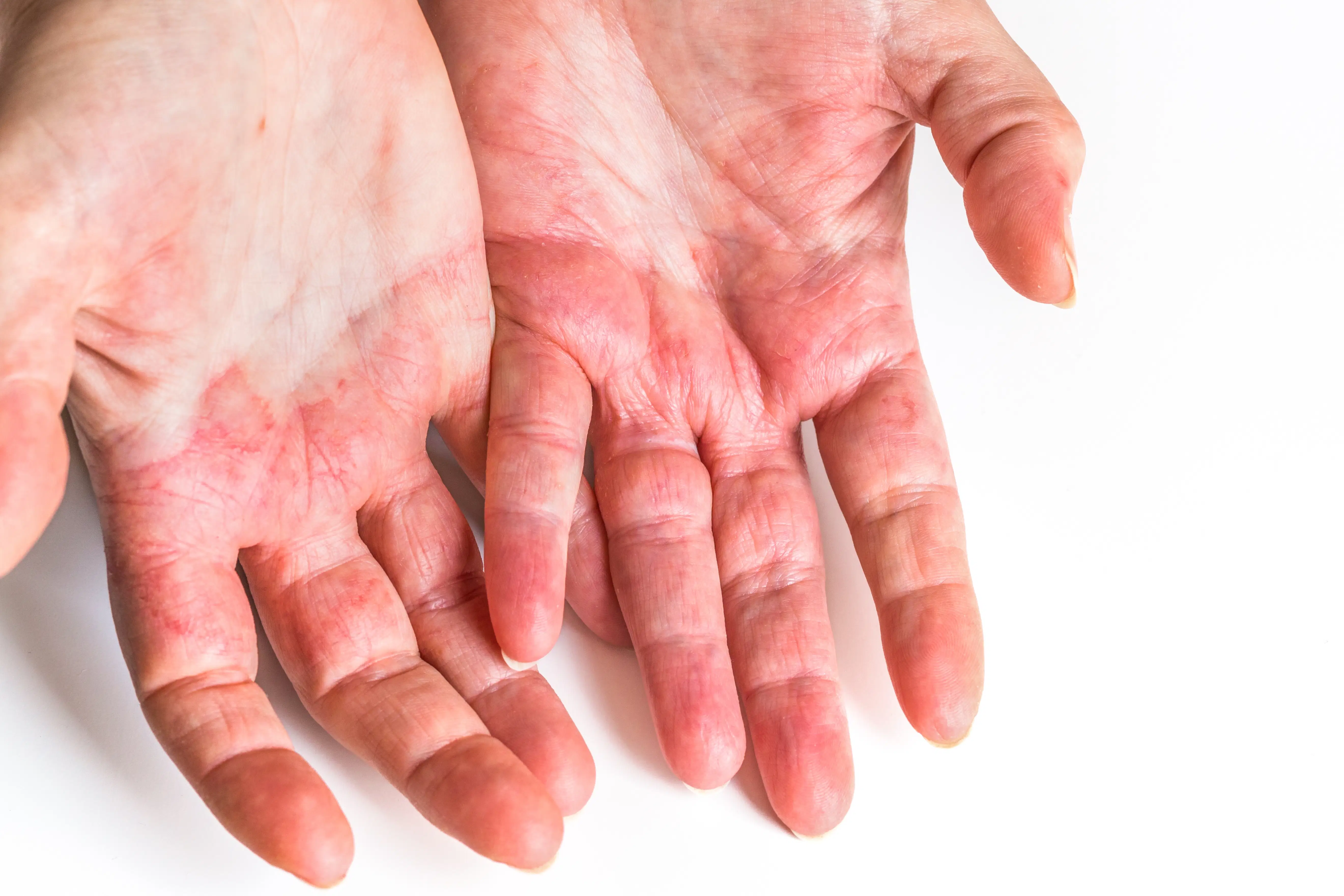
What is Atopic dermatitis?
Atopic dermatitis, also known as eczema, is a major skin condition. Patients with this condition experience itchy and flaky skin with inflammation. The condition also leads to redness and a burning sensation. According to Ayurvedic ideology, Atopic dermatitis is known as "Shudra Kushta" or “Vicharchika”. The skin condition is categorised as twak vikara (skin disease) in Ayurveda classes.
In Ayurvedic literature, "Vicharchika" is a chronic inflammatory skin condition attributed to imbalances in doshas. It is particularly Vata and Kapha. Ayurvedic treatment mainly focuses on restoring dosha equilibrium through herbal remedies and other supportive treatments.
Ayurveda-proven therapies can alleviate symptoms and strengthen the skin barrier. It will address underlying imbalances for the holistic management of Atopic Dermatitis. Ayur Bethaniya has brought you quality Ayurveda treatment with guaranteed effectiveness to treat this skin condition.

Manage Atopic Dermatitis Naturally With Ayurveda
Ayurvedic treatment for Atopic Dermatitis not only focuses on the condition but also on the whole body. So, patients who are looking for supportive holistic treatment must go for Ayurveda. It will boost the healing process and maintain the overall well-being of your body.
Ayurvedic treatment will mainly focus on pacifying aggravated doshas. It includes Vata, Pitta, and Kapha. Along with Ayurvedic therapies and herbal remedies, the Ayurvedic treatment for Atopic Dermatitis in Kerala will also involve dietary adjustments and lifestyle modifications. Ayurveda therapies for atopic dermatitis include panchakarma, internal purification techniques, and the external application of herbal oils to soothe skin irritation. The treatment is also curated with oral herbal formulations to reduce inflammation and restore skin health.
In Ayurveda, medicinal herbs such as Neem, Turmeric, and Manjistha are commonly used for their anti-inflammatory properties to treat this condition. At Ayur Bethaniya, we focus on the best Ayurveda techniques and therapies to treat Atopic Dermatitis.
Contact us for Ayurvedic treatment for Atopic Dermatitis in Kerala.
Ayur Bethaniya, the leading Ayurvedic treatment centre in Kerala, brought natural solutions with zero side effects for Atopic Dermatitis. We follow a comprehensive approach that combines traditional Ayurvedic principles and remedies with modern and advanced medical expertise.
Our Ayurvedic treatment plan for Atopic Dermatitis includes herbal remedies, natural therapies, personalised dietary plans, and external applications to alleviate symptoms. We combine these to form a complete plan of Ayurvedic treatment for Atopic Dermatitis in Kerala to treat the condition.
Our therapeutic procedures include Panchakarma detoxification along with yoga asanas and pranayama to balance doshas and purify the body both internally and externally. We prioritise natural healing and individualised care to give our best. At Ayur Bethaniya, we aim to provide long-term relief and promote overall well-being for individuals struggling with Atopic Dermatitis.
Feel free to contact us to get the best Ayurvedic Treatment for Atopic Dermatitis in Kerala.
Need to know the ayurvedic treatment for Dandruff and Lichen Planus ?


